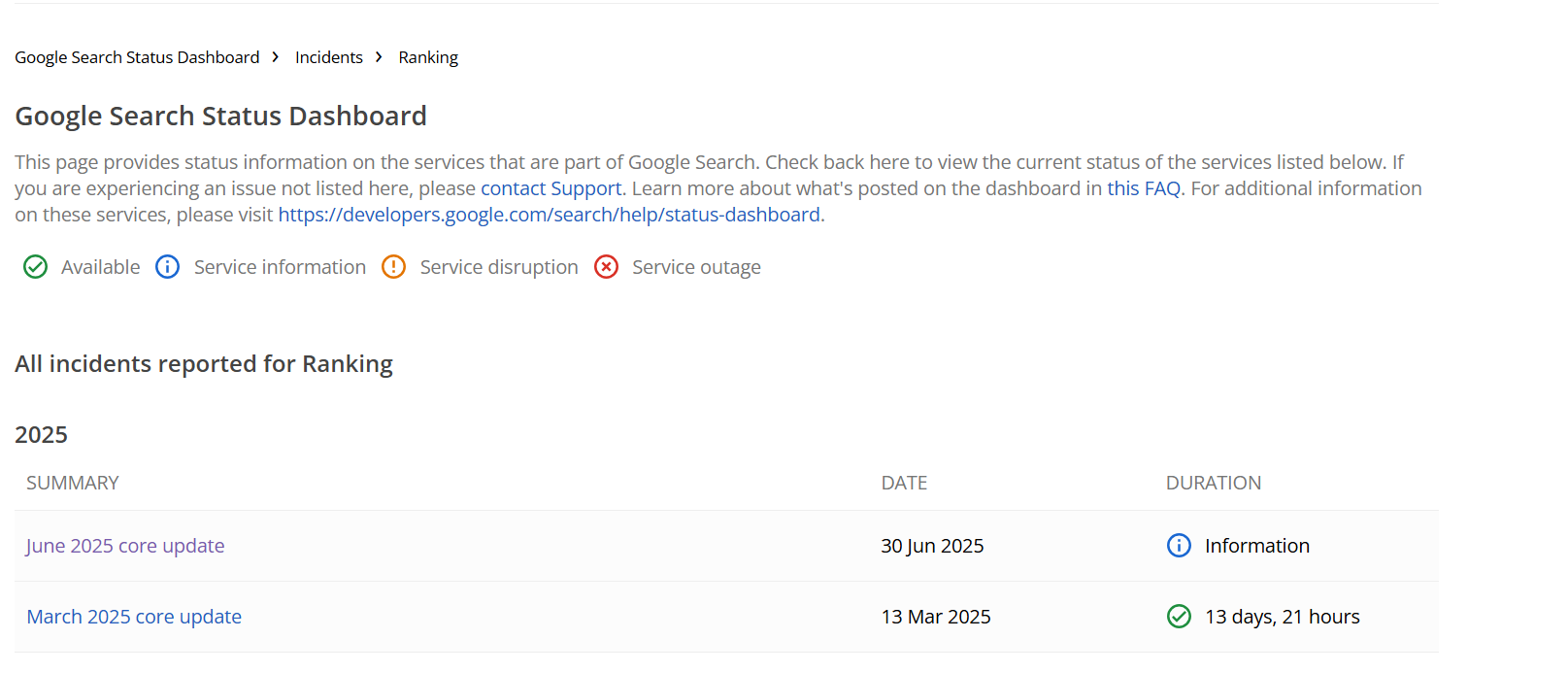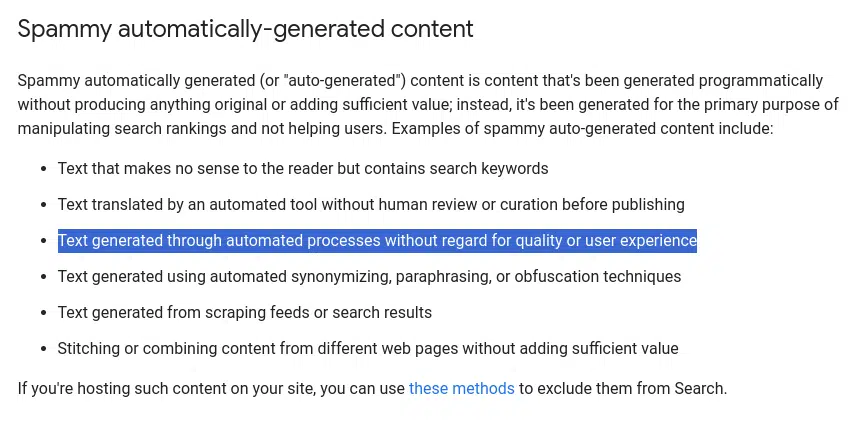-
By Ruchi Pardal

-
~ 9 minutes read
Let’s get real—AI is no longer this distant, future concept. It’s here, and it’s appearing everywhere. From the blog articles you’re reading to the messages in your inbox and even the social media ads you pass by, the likelihood is that AI had a part in developing them.
Here’s a number that may shock you: 38% of businesses already leverage AI to produce content—yes, including landing pages, newsletters, blog posts, and beyond.
Efficient? It is.
AI software like ChatGPT, Claude, and Gemini assists marketers, SEO experts, and business owners in creating content at the speed of light.
But let’s press pause for a moment. Speed is great, but what about quality? What about your brand voice, creativity, and search rankings? Can AI actually deliver on all of them?
Here’s the reality: AI shouldn’t do your job—it should support it. Used wisely, AI can enhance creativity, reveal overlooked SEO opportunities, and make your content process more efficient.
So now the real question is:
Is AI dangerous to real content, or is it your greatest digital asset just waiting to be unleashed?
Let’s break it down, step by step.
AI-generated means a computer writes the content. This includes blog entries, product descriptions, marketing copy, and articles.
To write this content, an individual provides the AI with some general information, such as keywords, a topic, or phrases, and the AI generates the content based on that.
AI has the potential to help with writing.
Indeed, a recent survey discovered that 46% of marketers now use AI tools to write content. In addition to doing research, 31% of marketers use AI tools to generate ideas.
This is starting to attract businesses’ attention. Creating content takes time and resources, but AI can help streamline the process faster and cheaper.
For marketers, that is good news because it will allow them to spend more time on other pressing tasks and less time writing.
The quick answer: yes. But not quite how you’d think.
The real problem isn’t AI, though. It’s how humans apply it. Many companies depend on artificial intelligence-fueled content generation software to publish blogs in large numbers.
And what do you get?
Generic, unoriginal, lifeless content that doesn’t draw in readers.
Since more than 60% of marketers worry about Google penalizing low-quality AI content, it is more crucial than ever to introduce originality and human wisdom to your content plan.
If your website posts mass-produced copy without a human touch, it may work against your rankings.
Thus, it is true that AI content creation becomes dangerous when it replaces human creativity instead of enhancing it.
Now, for some good news. If used correctly, AI is an incredibly helpful friend. Consider it your content assistant, not your replacement.
Here’s how AI-generated content can be used to improve your workflow:
The secret?
Always add your personal experiences or touch. Mix AI speed with human emotion, logic, and storytelling.
It is important to understand that SEO is not just about keywords and ranking. It needs strategic planning.
A skilled SEO service provider knows your audience, researches competitors, and develops a customized strategy. They optimized content based on
While AI systems can collect data, only a human professional can make value decisions and develop unique, location-based content.
AI is a tool, not a replacement, for SEO providers. It saves time on research and routine tasks so experts can focus on strategy and creativity.
Together, they can deliver powerful, scalable content strategies.
You may be on par with AI-written content today, but will people linger on your website? Perhaps not.
Even if search engines drive traffic to your site, users will exit if your content is dull or useless. Being ranked is only the first step—user experience is more important than ever.
Low-grade, AI-written content tends to be deficient in:
Google tracks
These signals help determine if your content is valuable. So while AI-automated content creation might get you ranked, only quality keeps you there.
Read Also: Does AI-Generated Content Affect SEO
The adoption of AI in content creation is widespread, even by leading players such as Google (check out Gemini or AI Overview).
As per the 2024 State of Marketing Report by HubSpot, 77% of marketers who use generative AI claim that it enables them to produce more customized content.
Now, you can understand how deeply AI has integrated into our digital efforts.
A study conducted by Amazon Web Services found that 57% of all online content is now created, translated, or partially generated by AI algorithms.
But with this surge come new challenges. To maintain content quality and relevance, search engines like Google have rolled out several updates to address the flood of poor AI-generated content.
Some of the updates are:
Google’s helpful content updates rattle search rankings.
You might experience dramatic and abrupt traffic, ranking, and visibility plunges.
And these alterations often correlate with Google’s announcements.

Google released guidance on AI-generated content this year. Its spam policies actually define “spammy automatically generated content” as automatically generated content intended mainly to manipulate search rankings.

In Google’s view, content that does not adequately respond to a user’s question and has been prepared solely to reach search rankings is useless, while the opposite holds for helpful content.
Not certain which type of content your blog is?
Google has posted a lengthy list of questions that you can use to evaluate whether your content is people-first and relevant. Below is a checklist deemed as people-first content:
These systems are rewarded with original, high-value, and user-centric content. Short-term benefits from AI-created content will not last if you don’t deliver real value.
Top brands aren’t avoiding the use of AI; they’re using it smartly. Here’s what the pros do with AI-generated content:
They also collaborate with experienced SEO service providers to balance automation with long-term strategy. The emphasis is moving from more content to higher-quality content.
See also: Content for Users vs AI: Where to Focus for Best SEO Results?
AI is not limited to blogs. It can assist with content creation on other platforms. Today, businesses use AI to write everything from product descriptions and emails to social media posts and ad copy.
It also streamlines video script creation and powers customer support content like FAQs. This shift helps brands scale faster while keeping messaging consistent and engaging.
Require fast, compelling posts? AI can assist with writing captions, hashtags, and calls to action that match your voice.
For image-based platforms like Instagram and Facebook, AI applications can:
Apply AI-based content creation to:
From short-form to long-form storytelling, AI content writing can be done across formats—if
You complement it with strategic planning.
It depends on how you utilize it. AI may ruin your content if you use it excessively, but it can simplify your work and increase your output if utilized smartly.
The actual danger isn’t AI—it’s not thinking. If you let computers do everything, your writing will be like everyone else’s. But if you pair AI with your experience and imagination, you’ll excel.
Is AI a threat or a boon to content creation, then?
It’s both. Use it carefully to save time, get ideas flowing, and enhance your strategy.
The trick is balance. Have AI do the mundane, and then add your voice, expertise, and reason to elevate it to the next level.
In the future of AI content creation, those who use the tools while remaining human will conquer the content game.
Struggling to scale content without losing quality? ResultFirst can show you how to use AI smartly so you stay ahead of your competitors.
Let’s talk. Get a free SEO audit today.
AI content generation uses machine learning models to create written material based on user prompts, such as topics, keywords, or outlines. At ResultFirst, we help you integrate AI tools into your content workflows while ensuring the output aligns with your brand voice, audience intent, and SEO goals. Think of AI as your assistant, not your author.
Yes—but only if it’s optimized correctly. Search engines now reward content that’s helpful, original, and written for people. At ResultFirst, we fine-tune AI outputs using human editing, keyword placement strategies, and NLP scoring to ensure your content ranks and resonates. We also structure it for features like rich snippets and “People Also Ask.”
No. AI is powerful but not perfect. It can speed up drafting and ideation, but it can’t replicate strategic thinking, tone adaptation, or nuanced creativity. That’s why we use AI as a support tool—our experts guide the process to maintain quality, originality, and brand authority across every piece of content.
AI tools can produce a wide range of content, including: Blog posts Product descriptions Social media captions Email campaigns Video scripts Meta titles and descriptions At ResultFirst, we help determine where AI fits best in your funnel—and where human input matters most.
Google doesn’t penalize AI content just for being AI-generated, but it does penalize low-value, spammy, or duplicate content. We ensure your AI-assisted content passes Google’s “Helpful Content” standards by: Enhancing it with unique value or expert input Aligning it with E-E-A-T principles Editing for clarity, tone, and accuracy Structuring it for user engagement and AI readability
Yes. We design AI workflows that accelerate production without sacrificing quality. From keyword clustering and topic mapping to human-in-the-loop review systems, we help you create content that performs in SERPs, supports buyer journeys, and stands up to algorithm scrutiny. Plus, we constantly test AI tools and strategies for effectiveness.
It’s ongoing. Algorithms, trends, and audience behavior change constantly. At ResultFirst, we offer both project-based and ongoing content support. Our monthly services include: Reviewing AI output for freshness and accuracy Updating older AI-generated pages based on performance Optimizing content for AI-readability and user queries A/B testing formats that attract rich results and snippets With the right strategy, AI becomes your content engine—always improving, never compromising.